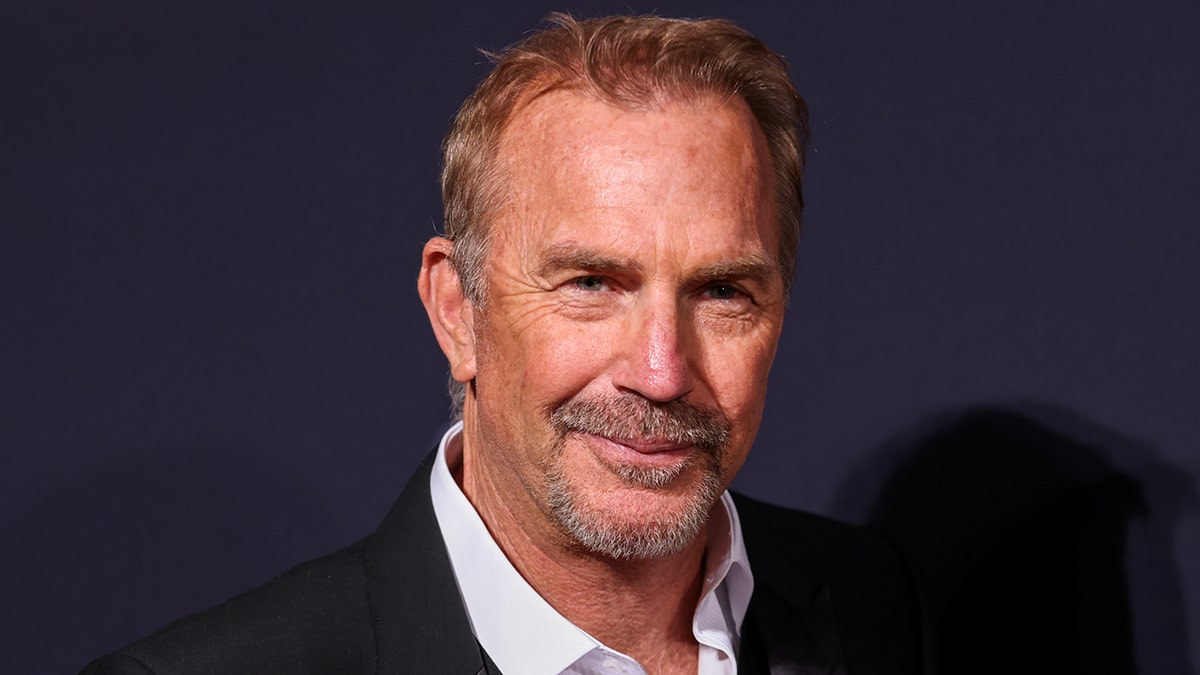Kevin Costner’s Unexpected Stand Sparks National Debate

Kevin Costner’s recent comments calling on former President Donald Trump to prioritize history over math in school curricula have triggered widespread conversation — and controversy — across the political and cultural spectrum. While some fans have applauded the actor for speaking his mind, others are questioning his timing and motives.
In his conversation with the Associated Press, Costner emphasized that understanding history is critical for a functioning democracy. “You can’t move forward if you don’t know where you came from,” he explained. “History isn’t just facts. It’s identity, it’s empathy, and it’s context.”
A Divided Reaction from the Public
The reaction on social media was swift and divided. On X (formerly Twitter), fans clashed over whether Costner’s remarks were “brave and necessary” or “uninformed and out of place.”
Some praised his perspective:
“Kevin Costner gets it. We need more history, less standardized testing and corporate math agendas.”
Others were more critical:
“This is the same Hollywood elite nonsense. Stick to movies, not education policy.”
Costner’s History With Speaking Out

While Costner has generally remained politically neutral in public, this isn’t the first time he’s voiced opinions that blend art, education, and civic responsibility. During the 2020 election cycle, he backed Democratic candidates but also called for bipartisan cooperation and unity.
This latest move — directly urging Trump to rethink one of the central MAGA talking points about “America First” education — marks a rare direct address to a specific political figure from Costner, who usually avoids overt partisanship.
Still, the actor maintained that his appeal was not political, but educational and cultural. “I’m not here to say who’s right or wrong,” he told Fox News. “But I do believe our schools are in danger of forgetting the American story — and that matters to me.”
Hollywood and Washington: “Separate Worlds”
Costner also reiterated his belief that Hollywood and politics should remain separate. “Movies should not be campaigns,” he said. “They should be mirrors — and sometimes windows — into the human experience.”
He’s walked that talk throughout his career. In Dances with Wolves, Field of Dreams, Thirteen Days, and Yellowstone, Costner has explored themes of legacy, morality, and identity without relying on overt political commentary.
His critique of the political climate wasn’t limited to one party either. “Too often, both sides turn every issue into a weapon,” he said. “I care more about storytelling than sides.”
Education as the Cultural Battleground

The debate over education is already one of the most heated topics in U.S. politics, with state legislatures pushing conflicting agendas about what should (and shouldn’t) be taught in classrooms. From banned books to curriculum overhauls, Costner’s remarks touch a nerve at a time when history itself feels politicized.
By calling for more emphasis on history over math, he’s challenging a central narrative in some conservative education reforms, which tend to emphasize “skills training” and “patriotic education.”
But Costner’s view isn’t about minimizing math — it’s about maximizing historical literacy. “The kids who love math will always find math,” he said. “But we need to make sure every kid understands where this country came from — and where it’s headed.”
Behind the Scenes: Costner’s Educational Roots
Costner’s own journey started at Cal State Fullerton, where he graduated with a degree in business administration. He’s often credited his education — particularly courses in history and literature — for shaping the narratives he tells on screen.
In a 2007 return to the university, Costner spoke to students about listening to their “inner voice” and not being afraid to pursue unconventional paths. “There’s no blueprint for success,” he said. “But if you follow your intuition and stay grounded in truth, you’ll do something meaningful.”
That belief seems to inform both his art and his civic philosophy.
What’s Next for Costner?
With the release of his ambitious Western project Horizon: An American Saga in 2025, it’s clear Costner’s mind is still on the past — and how it shapes our future. The film spans decades and explores the expansion of the American frontier, touching on themes like displacement, survival, and cultural collision.
“History isn’t always comfortable,” Costner said during the film’s press tour. “But that’s exactly why we need to face it.”
Whether or not Trump or other political leaders respond to Costner’s message remains to be seen. But one thing is certain: the actor’s voice — trusted by generations of moviegoers — has now entered one of the most critical conversations of our time.
Final Thoughts: More Than Just a Movie Star
Costner may be best known for his roles as cowboys, coaches, and commanders, but his latest remarks reveal a man deeply engaged with the direction of American culture.
By calling for a renewed focus on history in schools, he’s positioning himself not just as an artist, but as a concerned citizen. And in an era where silence often equals complicity, Kevin Costner has chosen to speak.
Love him or disagree with him — his words are sparking a dialogue that might just lead to something bigger.




















